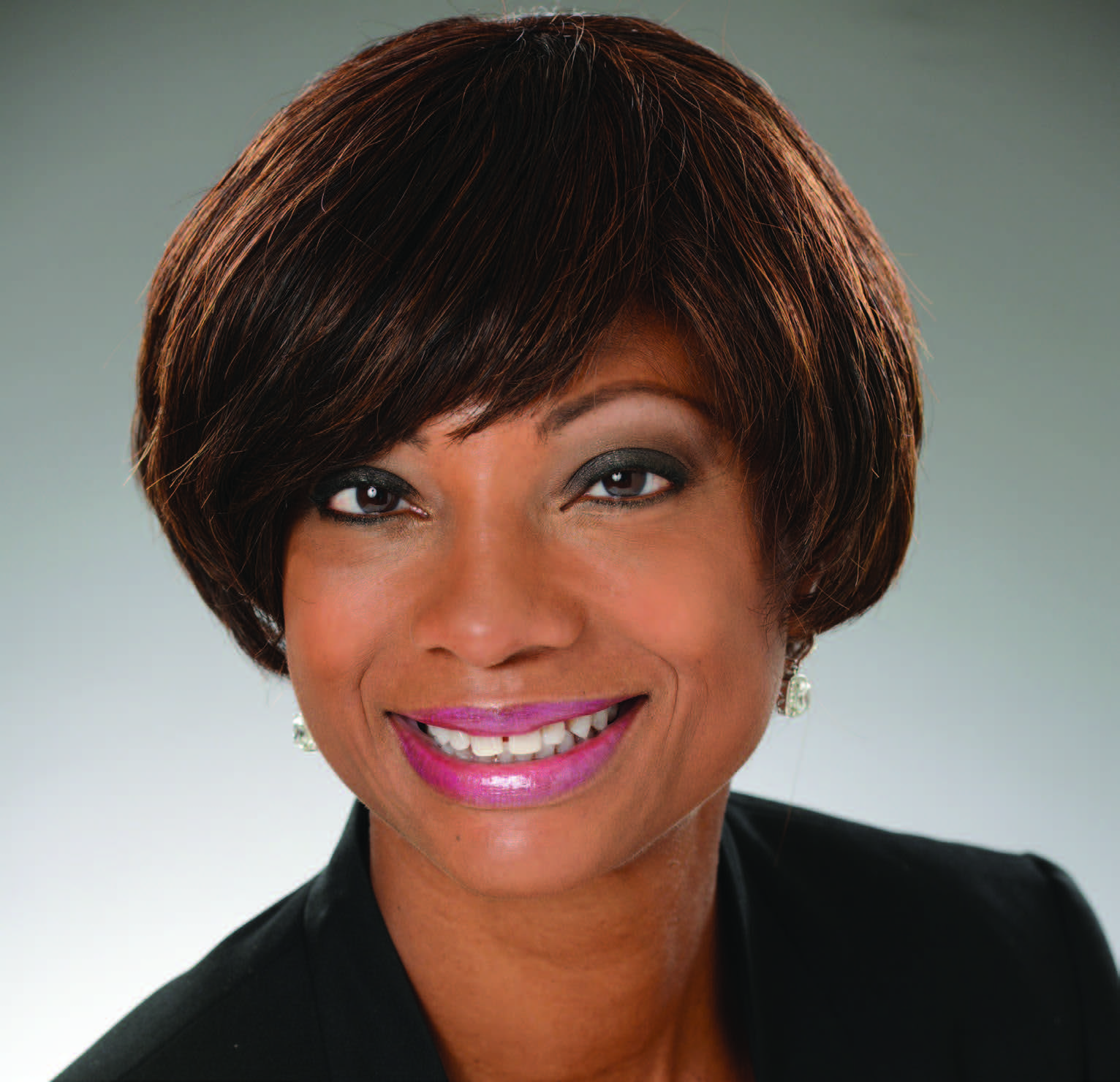

Karen Dale, M.S.N. 1994, has dedicated her career to the health and resilience of communities of color. She was recently appointed chief diversity, equity, and inclusion officer for AmeriHealth Caritas, a managed health care company that provides services and solutions to vulnerable populations in 13 states and Washington, D.C. She is also market president for the organization’s D.C. office, which serves an ethnically diverse, largely low-income population of Medicaid enrollees, a position she has held for seven years. “We serve 124,000 D.C. residents,” says Dale, a registered nurse. “That gives me and my team 124,000 reasons to work tirelessly to address racial disparities in health care.”
What is the key to addressing systemic racism in health care?
Human-centered design. Before you can even address issues of health, you have to understand peoples’ preferences, fears, aspirations, and economic situation. For many communities of color, where people are oppressed and marginalized, their daily stress puts them at high risk for hypertension, obesity, depression, and cancer, among other conditions.
We form advisory committees. We offer the people we serve a seat at the table from the beginning, and we continue to ask for feedback and share results.
Last year, we launched a youth advisory council. How brilliant for young people to be able to impact their own communities based on what they are learning. The focus was around behavioral health. In D.C.’s wards 6, 7, and 8, violence has a huge impact on the mental health of youth. They suffer PTSD and anxiety. That means they are less likely to be successful in school and that changes the trajectory of life outcomes. So we work with young people to destigmatize behavioral health. Now they are a credible voice speaking to their friends in their own communities. When addressing health disparities in vulnerable populations, we must equip them with tools.
Is the Black Lives Matter movement intertwined with racial disparities in health outcomes?
Absolutely. When Black mothers, fathers, aunts, and uncles are having conversations with children as young as six years old about the weaponizing of Black skin, that reflects a day-to-day burden and stress on families. That affects their wellbeing, their resilience, and ultimately, their health.
What did the pandemic tell us about bias and inequality in health care?
It shed a spotlight on how the color of a person’s skin and their ZIP code can affect their access to care, the quality of care, and their health outcomes. Where a person lives, works, plays, and prays affects their health. We have to deal with structural disparities that wall people off from needed resources. We have to look at lack of investment in communities of color — things like low-performing schools, location of grocery stores and childcare, and access to jobs. Where are the COVID testing sites? Often far from communities that need them most. We must hold up a mirror and ask tough questions about distribution of resources. This will be essential as a vaccine becomes available.
What happens when these truths are no longer at the top of the news cycle?
I can commit to you that those of us in leadership roles will continue the drumbeat. We are committed to lifting the barrier of racism on health impact. I’m so pleased to see the diversity of voices being lifted up right now. The other day, our mayor [D.C. Mayor Muriel Bowser] tweeted a quote from Frederick Douglass, “Power concedes nothing without a demand.” Any one of us can lend a voice. We have to demand things change.
What concerns you most for the people you serve as the pandemic and economic instability continue?
As we enter the next great recession, the greatest concern is that people who are already disenfranchised, who live in communities with lack of investment will be further left behind. We have to look at policies through a lens that considers the effect on Black and Latinx communities. The movement we are seeing now is so necessary to drive change.
— E.N.W.